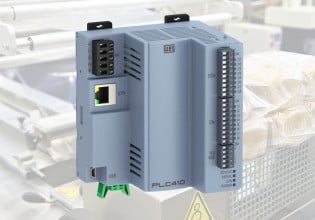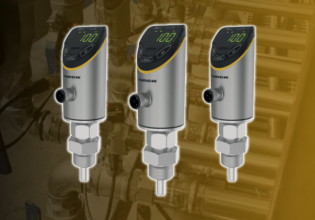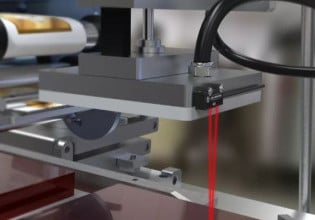A
currently we are having a large project that will have many systems to be interfaced together. OPC being proposed for this purpose. I would like to clarify the following:
1 - if anybody have experience on using OPC and what are the adv & disadv.
2 - what are the things to be focused on when selecting OPC as an interface media.
3 - what are the maintenance considerations for OPC.
4 - any detailed specs requirements that have to be requested for such application. for best performance.
appriciate yr help
regards
1 - if anybody have experience on using OPC and what are the adv & disadv.
2 - what are the things to be focused on when selecting OPC as an interface media.
3 - what are the maintenance considerations for OPC.
4 - any detailed specs requirements that have to be requested for such application. for best performance.
appriciate yr help
regards






